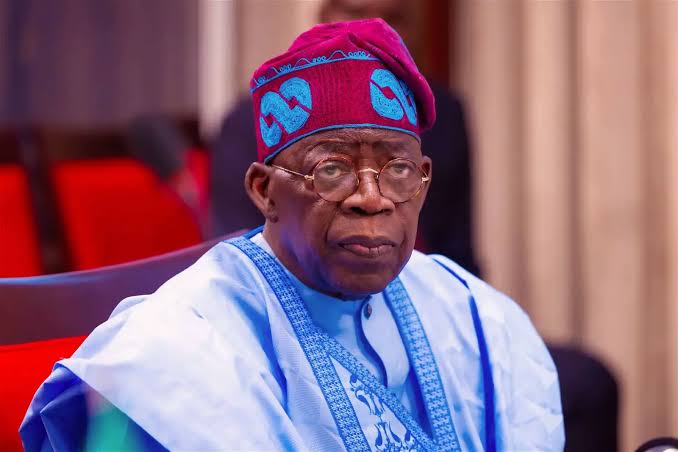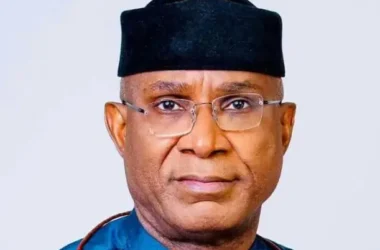State governments are raising concerns over the Federal Government’s decision to allocate N600 billion for the payment of the new minimum wage of N70,000. At the August 16, 2024 Federation Accounts Allocation Committee (FAAC) meeting, state finance commissioners expressed dissatisfaction, claiming the move has affected their share of revenue distribution.
During the meeting, a total of N1.36 trillion was distributed to the three tiers of government, slightly less than the N1.35 trillion shared in June, despite a rise in the gross revenue from N2.48 trillion in June to N2.61 trillion in July. The allocation decision was linked to the Federal Government setting aside N595 billion for non-oil savings, earmarked for future obligations, including the payment of the new minimum wage.
Akwa Ibom State Commissioner of Finance, Dr. Linus Noah, and his counterparts from Delta and Ekiti States, Okenmor Tilije and Akintunde Oyebode, strongly opposed the saving of this revenue, arguing that given the states’ current financial challenges, the funds should be distributed among the states instead. “The income should be shared in view of the current financial challenges faced by the states,” said Dr. Noah.
The commissioners contended that since sub-national governments are not benefiting from the interest on the saved funds, they should have a say in how to use their respective portions. Oyebode argued that the states should have the freedom to manage their own shares, especially since they are not reaping the interest on the money held in the non-oil savings account.
However, the Accountant-General of the Federation (AGF) defended the decision, emphasizing the need to save for future expenses, particularly the upcoming financial commitments linked to the minimum wage implementation. “The Federal and State Governments might require more funds to meet their future obligations, among which was payment of new minimum wage to workers,” the AGF explained.
Despite the states’ protests, the discussion was overruled by the Permanent Secretary of the Finance Ministry, Lydia Jafiya, who presided over the meeting after the departure of Finance Minister Wale Edun. She concluded that the revenue distribution for the month would proceed as planned.
President Bola Tinubu signed the new minimum wage law on July 29, 2024, after prolonged negotiations with labor unions. Although the law is in place, its implementation is yet to begin, as negotiations on the consequential adjustments are still ongoing. The Nigeria Labour Congress has urged workers to remain patient as the process unfolds.
In the meantime, only a few states, Adamawa, Lagos, and Edo, have begun paying the new wage. Other states await further discussions and decisions regarding how the funds will be distributed to meet the new wage obligations.










